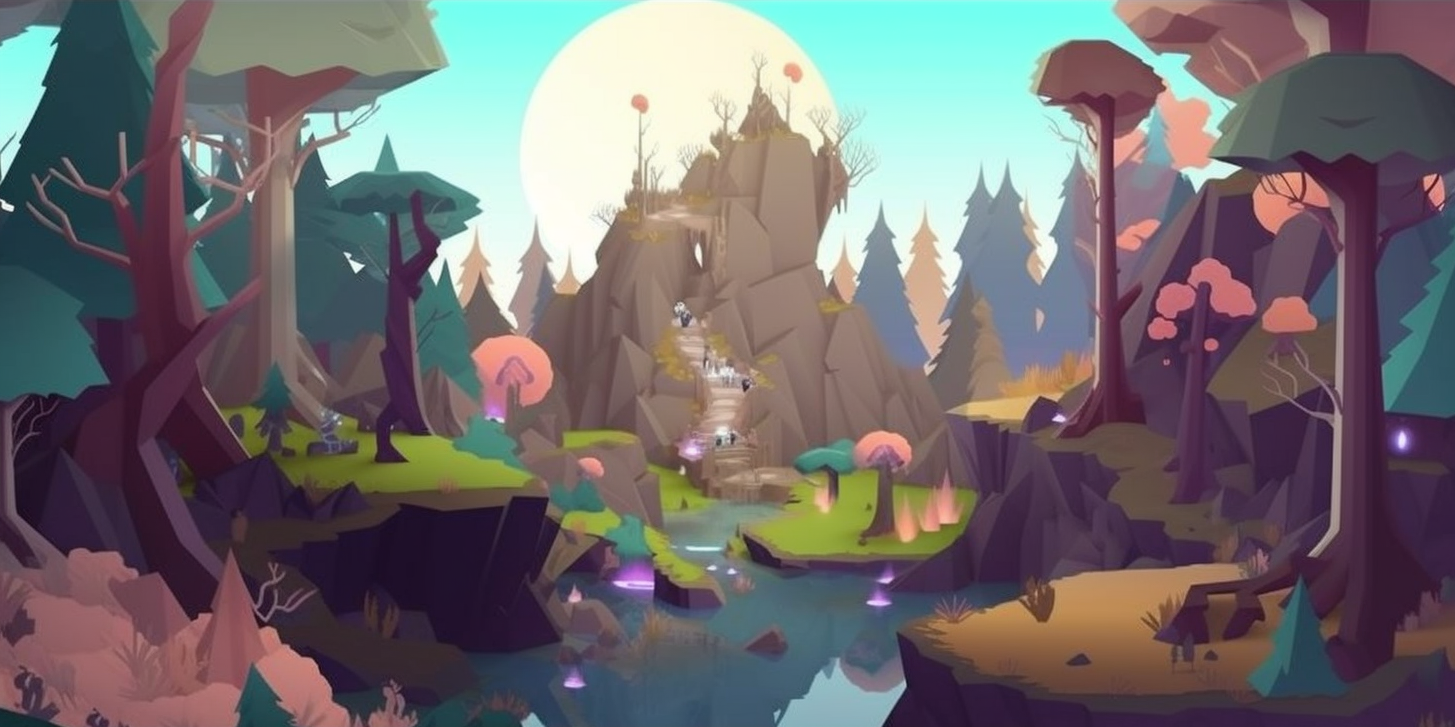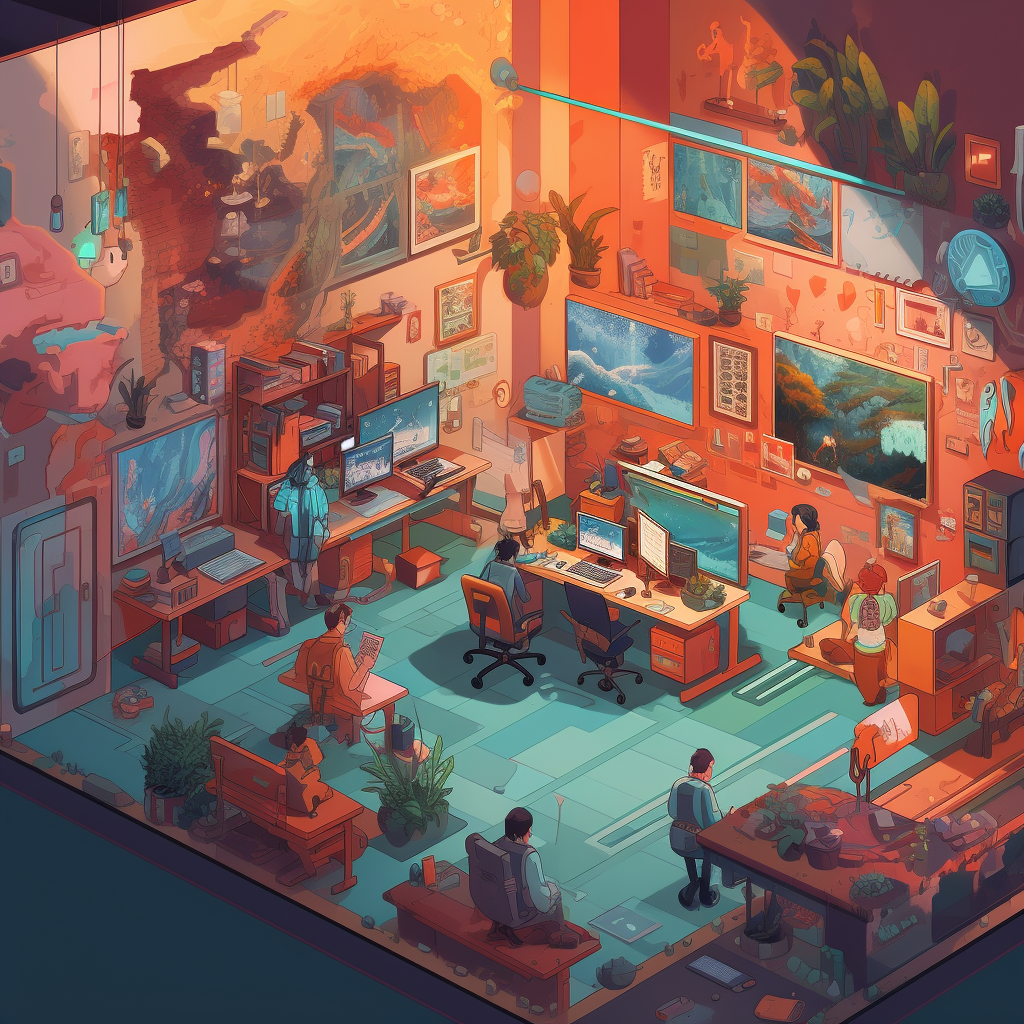How to Maintain a Player Base: Strategies for Keeping Gamers Engaged and Loyal

Maintaining a player base is crucial in the gaming industry. Strategies to keep gamers engaged and loyal include continually updating the game with new content, offering rewards and incentives, providing excellent customer service, listening to player feedback, and creating a supportive community. By implementing these strategies, game developers can ensure the success of their games.
Table of Contents
Understanding your target audience
As a game developer, it’s important to understand your target audience. Identifying your game’s core demographic is key to creating a successful game. This means determining who your game is aimed at and what they want from a gaming experience. By understanding your audience, you can tailor your game to their preferences and expectations, which will help to keep them engaged and loyal.
Catering to the preferences and expectations of your players is critical for keeping them engaged. This means considering things like gameplay mechanics, graphics, and storyline. Utilizing analytics to track player behavior is also essential. By gathering data on how players are interacting with your game, you can identify areas that need improvement and make changes to better meet the needs of your audience. Ultimately, understanding your target audience and catering to their preferences and expectations is key to maintaining a healthy player base and creating a successful game.
Regular content updates
Keeping players engaged with fresh content is crucial for any game’s success. It’s important to continually update the game with new features, challenges, and levels to keep players interested and coming back for more. However, it’s equally important to balance the introduction of new features with game stability. Introducing too many new features at once can lead to bugs and glitches, which can ultimately lead to player frustration and disengagement. Therefore, game developers should carefully test new features and ensure they are stable before introducing them into the game.
To maintain player engagement and ensure game stability, scheduling updates and communicating with the player base is key. By establishing a regular schedule for updates, players will know when to expect new content and can plan their playtime accordingly. Additionally, communication with the player base is essential for ensuring players are aware of upcoming updates, changes, and any issues that may arise. This can be done through various channels, such as social media, email newsletters, and in-game messaging. By keeping players informed and involved, game developers can foster a sense of community and loyalty among their player base, leading to long-term success for the game.
Community building
Social media plays a vital role in fostering a game community. Game developers can utilize platforms such as Twitter, Facebook, and Instagram to engage with players and build a following. By regularly posting updates, teasers, and engaging with players through comments and messages, developers can create a sense of community around their game. Additionally, social media is an excellent way to gather feedback and insights from players, which can help to improve the game.
In addition to social media, establishing forums and other communication channels can help to build a strong game community. This can include in-game messaging systems, official forums, and Discord servers. These channels allow players to communicate with each other and with the game developers, providing a space for discussion, feedback, and support. Hosting in-game events and competitions can also encourage player engagement and build a sense of community. Finally, encouraging user-generated content, such as fan art, videos, and guides, can help to build a passionate community around the game. By fostering a strong community, game developers can ensure the long-term success of their games.
Player feedback and support
Listening to player concerns and suggestions is critical for any game’s success. Players want to feel heard and valued, and their feedback can provide valuable insights for improving the game. Therefore, game developers should make a concerted effort to actively listen to player feedback through various channels, such as social media, in-game messaging, and official forums. By taking player feedback into account, game developers can make meaningful improvements to the game that reflect the desires of the player base.
Maintaining an active presence on community channels is also essential for fostering a strong game community. Game developers should make an effort to engage with players through these channels, responding to comments and questions and providing updates on the game’s development. Additionally, providing timely and helpful customer support can help to build a loyal player base. When players encounter issues or have questions, they should be able to easily reach out to the game’s support team and receive a prompt and satisfactory response. Finally, implementing player feedback into game updates is crucial for ensuring that the game continues to evolve in a way that resonates with the player base. By implementing meaningful changes based on player feedback, game developers can improve player retention and drive the long-term success of their games.
Balancing monetization strategies
Understanding player sentiment towards in-game purchases is essential for creating a successful monetization model in modern games. While some players may be willing to spend money on in-game purchases, others may find such models intrusive and unfair. Therefore, game developers must offer a fair and non-intrusive monetization model that provides value to players who choose to make purchases without compromising game balance or fairness. By striking the right balance between monetization and player satisfaction, game developers can create a sustainable revenue stream while maintaining the trust and loyalty of their player base.
Effective marketing and promotion
Promoting a game is key to reaching new players and growing the player base. Utilizing social media, influencers, and other platforms can be an effective way to get the word out about a game. Game developers should also consider offering incentives for player referrals and word-of-mouth marketing, as these can be powerful tools for driving new player acquisition. Additionally, regularly showcasing new content and features can help to generate buzz and attract new players. By implementing a well-rounded promotion strategy that leverages various channels and tactics, game developers can maximize the visibility of their game and increase its chances of success.
Long-term planning and development
Setting goals and milestones is critical for the success of any game. It allows game developers to track progress and ensure that the game is moving in the right direction. However, it is also important to remain flexible and adapt to changes in player preferences and industry trends. By staying up-to-date on the latest developments in the gaming industry and listening to player feedback, game developers can make informed decisions about the future of their games. Moreover, collaborating with the community can be a powerful way to shape the game’s future and create a sense of ownership among players. By working together with the community to set goals and milestones, game developers can create a game that meets the needs and desires of its players, ensuring its long-term success.
The success of any game largely depends on the retention of its player base. Game developers can implement various strategies to ensure player retention, including understanding their target audience, providing regular content updates, building a strong community, listening to player feedback and providing support, balancing monetization strategies, and effective marketing and promotion. One key element that runs through these strategies is engagement. By engaging players through community building, regular communication, listening to feedback, and providing updates, developers can create a sense of community and foster player loyalty. Therefore, game developers should prioritize player retention by investing in these strategies to ensure the long-term success of their games.
At Moddio, our games have a strong community and a reputation for engagement. With a wide variety of customizations and an easy-to-access game editor, all players can become developers. This relationship creates a bond between our players that keeps them invested in not only their projects but the projects of their peers. With the flexibility and creativity found in the Moddio community, it is a great place to engage with like-minded developers seeking to push the possibilities of IO gaming.



